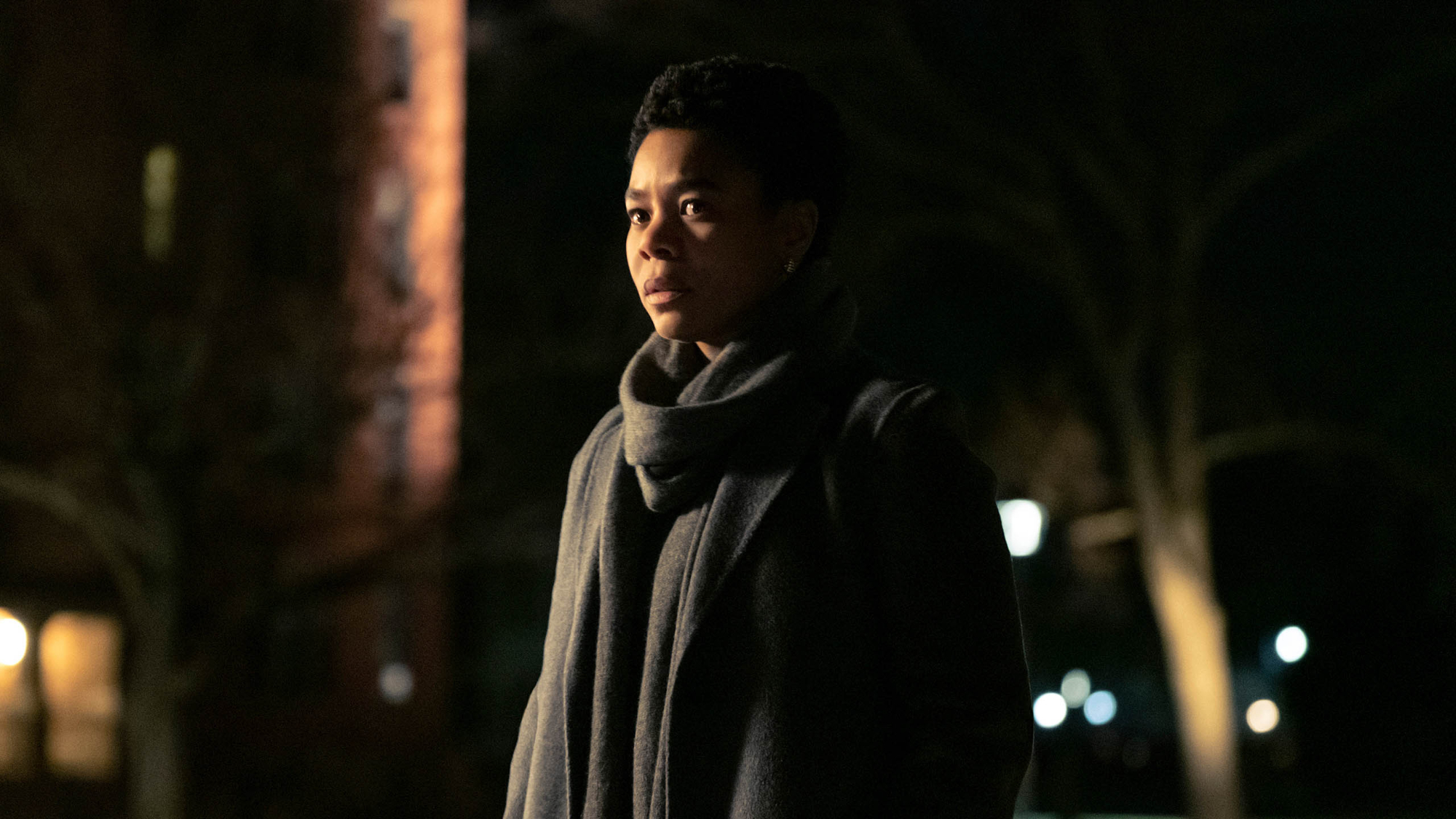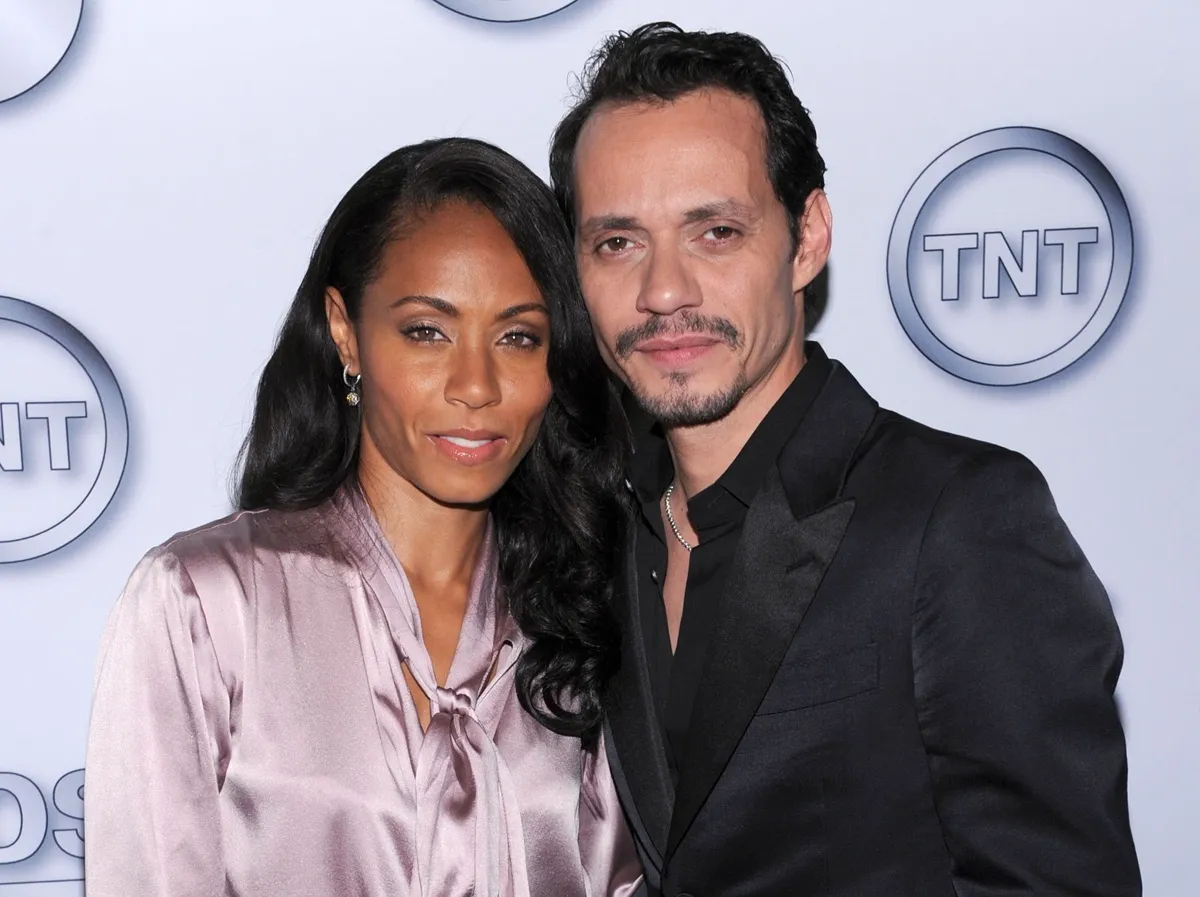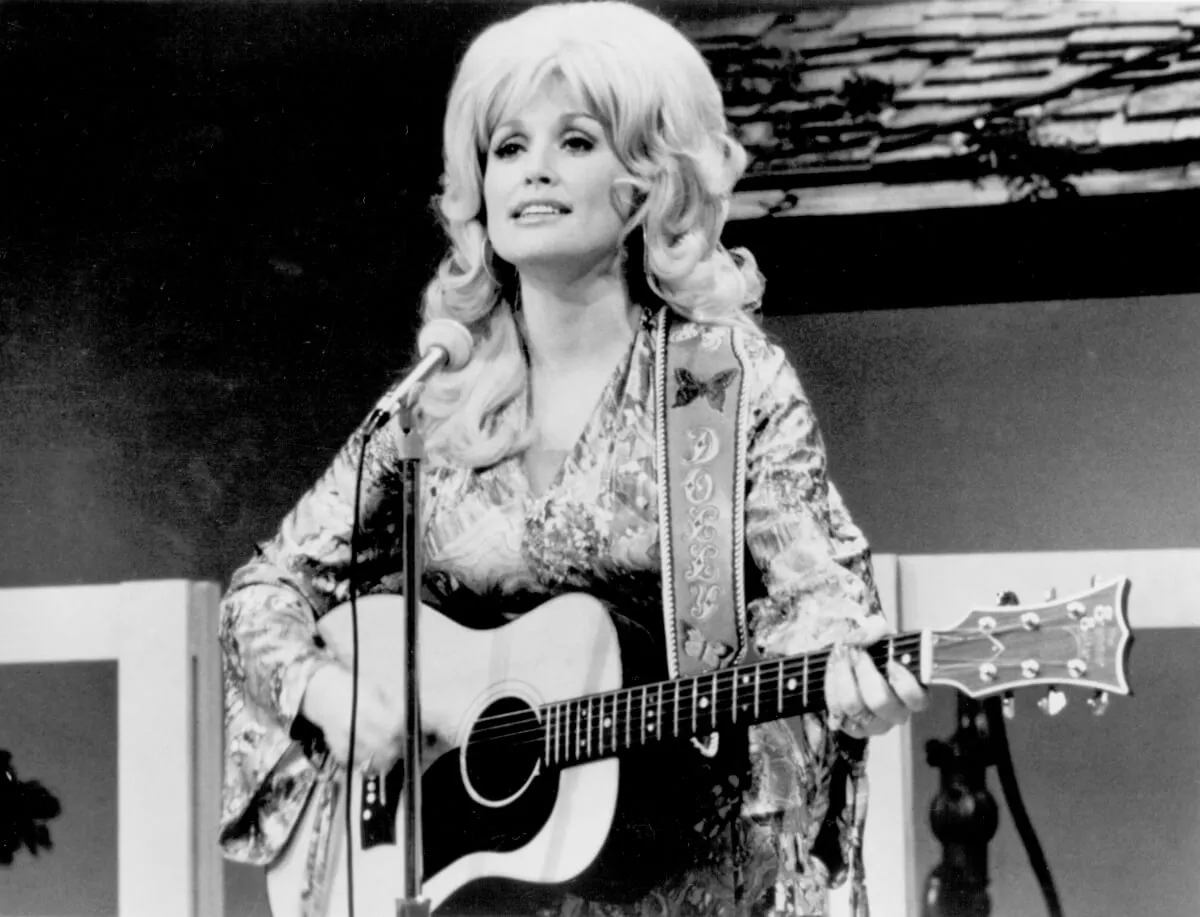‘Master’ Movie Review [Sundance 2022]: Regina Hall Excels in Compelling Drama, Undercooked Horror
Master is a thought-provoking and nuanced directorial debut from Mariama Diallo. Her screenplay approaches some familiar ground in inventive ways that keep it fresh and captivating. However, its horror elements are a bit underwhelming. As a result, Master delivers complex commentary that pulls some of its punches.
‘Master’ warns of the ghosts of the past

Jasmine Moore (Zoe Renee) is a freshman at an elite New England university located on the site of a Salem-era gallows hill. However, her peers and some of her professors cast her as an outsider. Meanwhile, Gail Bishop (Regina Hall) just achieved the title of “Master,” which is a dean of students, who seeks to make real change. Finally, literature professor Liv Beckman (Amber Gray) navigates the politics of academia to gain tenure.
Master explores the three perspectives of Black women, who are fighting for a seat at the table. They all want their voices heard and to make a change. However, they must deal with the privilege, politics, and the school’s haunted grounds that won’t rest to silence them and all those who dare to speak up.
Writer/director Mariama Diallo examines the evolution of racism in America
Master quickly establishes itself as a horror film. Jasmine lives in the haunted dorm that students often talk about in regards to the legend of the witch. However, this haunting extends to the haunting portraits that hang around the university campus that serve as a memory of a traumatic past. Jasmine’s nightmares and fears only become more realized the longer that she’s at the university.
Diallo’s screenplay breaks Master up with the use of title cards. They provide additional insight into the story and further speak on hatred and discrimination. Jasmine, Gail, and Liv try their best to wear a smile and say that everything is OK. However, they must come to the horrific realization that a much deeper danger is in store for them that they can’t run away from.
Master speaks to the theme of validity in one’s Blackness. Diallo explores it in different ways across Jasmine, Gail, and Liv’s experiences. Her screenplay holds a mirror up to each of the characters as well as the audience. Diallo challenges pre-conceived notions, stereotypes, and assumptions around the color of one’s skin. It’s never preachy, but simply presents lived experiences that speak on their motivations and their fears.
‘Master’ is a razor-sharp drama, but has half-baked horror
Diallo’s directorial debut visually leans into horror influences. She utilizes shadows and ominous red lighting to establish the atmosphere. However, Master often rehashes its scares with figures standing in the background and lurking in the shadows.
Master truly succeeds through its drama. Hall is an absolute powerhouse, delivering exceptional range and depth. Meanwhile, Renee isn’t afraid to venture into vulnerable places for this performance and it pays off. Gray is equally remarkable, providing the nuance required for the greatest complexities that Master‘s story has to offer.
Diallo’s story begs the question of whether real change exists or if it’s all a modern illusion. She explores the theme of protecting Black youth from the horrors of the past coming into the present. Master is a razor-sharp drama with real stakes, but its horror elements fall short. Diallo remains a fascinating filmmaker to watch, even despite the film’s shortcomings.


